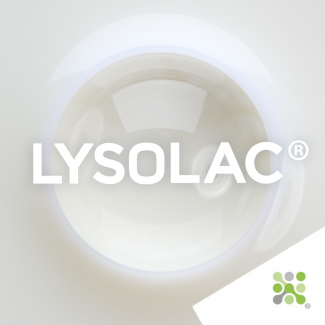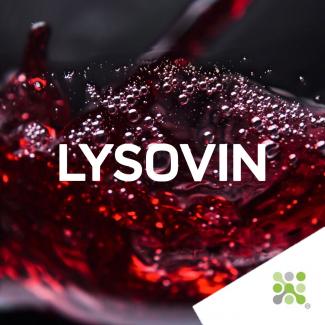Muramidase
Understanding Muramidase:
Muramidase, known as lysozyme, is a fundamental enzyme in bodily fluids such as saliva, tears, and egg whites. It plays a crucial role in the immune system by acting as an antibacterial agent. This enzyme is also found in significant quantities in human milk and mucus. In the scientific community, muramidase is classified under the Enzyme Commission number EC 3.2.1.17.
Muramidase Function:
Muramidase catalyzes the hydrolysis of 1,4-beta-linkages between N-acetylmuramic acid and N-acetyl-D-glucosamine residues in peptidoglycan. Peptidoglycan is a critical component of the gram-positive bacterial cell wall. Additionally, muramidase hydrolyzes the linkages between N-acetyl-D-glucosamine residues in chitodextrin. This enzymatic activity results in the breakdown of bacterial cell walls, ultimately leading to the lysis (destruction) of the bacteria. By compromising the structural integrity of the bacterial cell walls, muramidase effectively causes the cells to burst and die. This action is crucial in preventing bacterial infections and maintaining the overall health of an organism. Muramidase's ability to target and dismantle the peptidoglycan layer makes it an essential part of the innate immune system, providing a first line of defense against invading pathogens.
Muramidase in Immune Defense
As an antimicrobial enzyme, muramidase is integral to the body's defense mechanisms. It is produced by animals and humans and is present in various secretions such as tears, saliva, and mucus. These secretions form part of the body's barrier protection, helping to keep potential infections at bay. The enzyme is also found in high concentrations in egg whites, which helps protect the developing embryo from bacterial infections.
Stability and Activity
Hen egg-white lysozyme, a well-studied form of muramidase, is known for its thermal stability, with a melting point of 72 °C at pH 5.0. This stability enables it to maintain activity across a broad pH range (6-9), making it effective in various environmental conditions.
Applications in Food and Pharmaceuticals
Due to its robust antibacterial properties, muramidase is widely used in food preservation, extending the shelf life of products by inhibiting bacterial growth. The pharmaceutical industry incorporates it into treatments and medications to combat bacterial infections. Its applications also extend to agriculture, where it helps prevent bacterial contamination in animal feed and agricultural products. Furthermore, biotechnology uses muramidase to develop antibacterial coatings and materials, contributing to advancements in medical and industrial fields.
Future Directions and Research
Ongoing research is focused on further exploring muramidase's potential in various applications. Scientists are investigating new methods to enhance antibacterial efficacy, stability, and applicability. This includes studies on its interaction with different substrates, its potential role in treating antibiotic-resistant infections, and its use in developing novel therapeutic agents. The promising results from these studies highlight muramidase's potential to become an even more valuable tool in health care and industry.
Muramidase product range:
LYSOGUARD™ Immune – Premium Nutraceutical Ingredient for Immune Support
ovo-vegetarian / gluten-free / lactose-free / no added sugars, flavors, colors, and preservatives.








